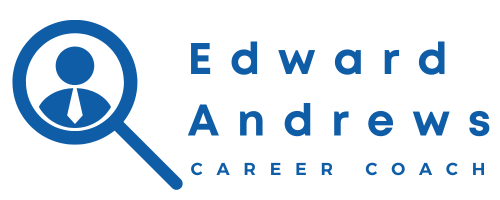Asking for a promotion is a pivotal moment in any professional’s career. It’s a step that not only acknowledges your past contributions but also expresses your commitment to future growth within the company. However, the prospect of initiating this conversation can be daunting. Edward Andrews Career Coaching, a leader in Australian career development, offers strategic advice to help you approach this conversation with confidence, ensuring you’re well-prepared to make a compelling case for your advancement.
Understanding the Timing
The first step in asking for a promotion is gauging the right time. This involves understanding both your personal readiness and the company’s situation. Have you consistently exceeded your targets? Have you taken on additional responsibilities beyond your current role? Are there business growth or restructuring opportunities that align with your career aspirations? Answering these questions can help you determine if it’s the right time to discuss your career progression.
Preparing Your Case
1. Assess Your Contributions
Prepare a detailed list of your contributions, including successful projects, positive feedback from colleagues or clients, and any additional responsibilities you’ve taken on. Quantify your achievements where possible to demonstrate their impact on the company’s objectives.
2. Identify Your Value Proposition
Consider what unique skills, experiences, and perspectives you bring to the table. How do these align with the company’s goals and challenges? Your value proposition should clearly articulate how promoting you benefits the organization.
3. Understand the Role You’re Seeking
Research the role you’re aiming for, understanding its requirements and how it fits into the company’s structure. Identify any skills gaps and consider how you can address them, demonstrating your commitment to growth and development.
Initiating the Conversation
1. Request a Formal Meeting
Rather than bringing up the topic casually, request a formal meeting with your manager to discuss your career development. This sets the tone for a serious conversation and shows that you respect their time.
2. Communicate Clearly and Confidently
Start the conversation by expressing your appreciation for your current role and the opportunities you’ve had. Then, transition into discussing your desire for more responsibility and the reasons you believe you’re ready for a promotion. Use the preparation you’ve done to back up your request with evidence of your achievements and your understanding of the new role.
3. Be Open to Feedback
Be prepared for any feedback, whether positive or constructive. If your manager highlights areas for improvement, see this as valuable insight into how you can strengthen your case and continue your professional development.
4. Discuss Next Steps
Regardless of the immediate outcome, discuss what the next steps are. If a promotion isn’t possible at the moment, ask what you can work on to position yourself better for future opportunities. If the response is positive, discuss the transition process and how you can best prepare for your new role.
Following Up
After the meeting, send a thank-you note to your manager expressing your gratitude for the discussion and reiterating your commitment to contributing to the company’s success. If you’ve agreed on specific actions or goals, keep track of your progress and consider scheduling a follow-up meeting to review your advancement.
Conclusion
Asking for a promotion is a significant step in your career journey. By carefully preparing, timing your request right, and approaching the conversation with clarity and confidence, you can significantly improve your chances of success. Remember, the goal is not just to advance your position but to deepen your engagement and contribution to your company’s success. Edward Andrews Career Coaching is here to support you through every career milestone, providing the guidance and tools you need to achieve your professional goals.

